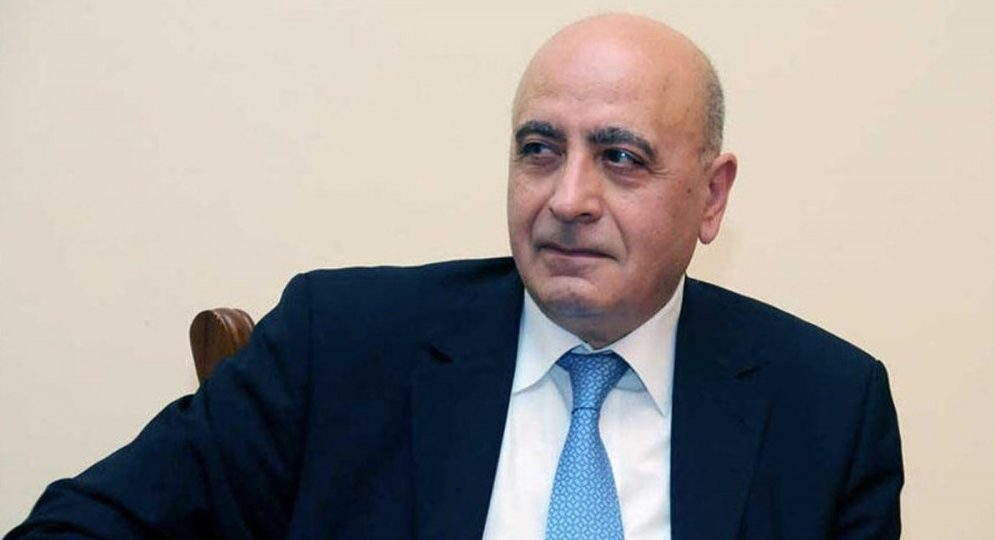Or Azerbaijan will simply have to give Armenia a very serious shake-up from time to time.
Yesterday, the Ministry of Foreign Affairs of Azerbaijan said that Baku does not want a repetition of the situation with the imitation of negotiations by Armenia, which dragged on for years before the Second Karabakh War.
The inevitable question here is: what can be done to prevent the current negotiations from falling into the same imitation routine? What could be the impetus for Yerevan? Something is still holding back Prime Minister Nikol Pashinyan’s team from signing a comprehensive peace treaty that would state that Karabakh is an integral part of Azerbaijan and that Armenia renounces any claims to it.
Is it the fear for their political future? Is it the fear that this decision will not be accepted by the majority of the Armenian population? Or is it not about that at all, and Yerevan cannot decide on this key step because of some outside pressure? Could it be that Moscow does not benefit from a real peace in the region and Armenia’s recognition of Karabakh as part of Azerbaijan? After all, in that case there would be no need for peacekeepers in the territory of our country.
“The dominant approach in Armenia, both on the part of politicians and analysts, and the Pashinyan team itself, is that the country has lost the 44-day war, it is weakened, and any agreement with Azerbaijan will not serve Armenia’s long-term interests,” Musabekov commented on the situation.
Hence their tactic to buy time in order to strengthen themselves as much as possible. And until then, they have to imitate negotiations and drag the process. This is what we are witnessing right now, the political scientist said.
Under pressure from Azerbaijan, Brussels and Moscow, the Armenians seem to have put together negotiating teams on the three main tracks: the opening of transport corridors, border delimitation, and a peace treaty, and they seem to be willing to work productively. But we can see that they are still playing for time. Apart from one meeting on each of these three tracks, there has been virtually no progress.
As for the peace treaty, according to Musabekov, Yerevan announced that Armenia was sort of accepting the principles that Azerbaijan had defined as the framework for the agreement, but on the other hand, now the actual work on the text should begin. But Armenia keeps shying away from practical work on the document that would spell out the specific commitments of the parties, he said.
“I believe that fairly strong pressure from either Moscow or Brussels is needed here. Or Azerbaijan will simply have to give Armenia a very serious shake-up from time to time. Because there is no progress to be expected from the negotiations. Both Moscow and Brussels do have leverage. The European Union has financial leverage. Russia has military tools. They have ways to convince the Armenians that the delaying tactics also have limitations, going beyond which can again have a very adverse effect on Armenia itself,” Rasim Musabekov concluded.
Samir Ibrahimov
Translated from Minval.az










